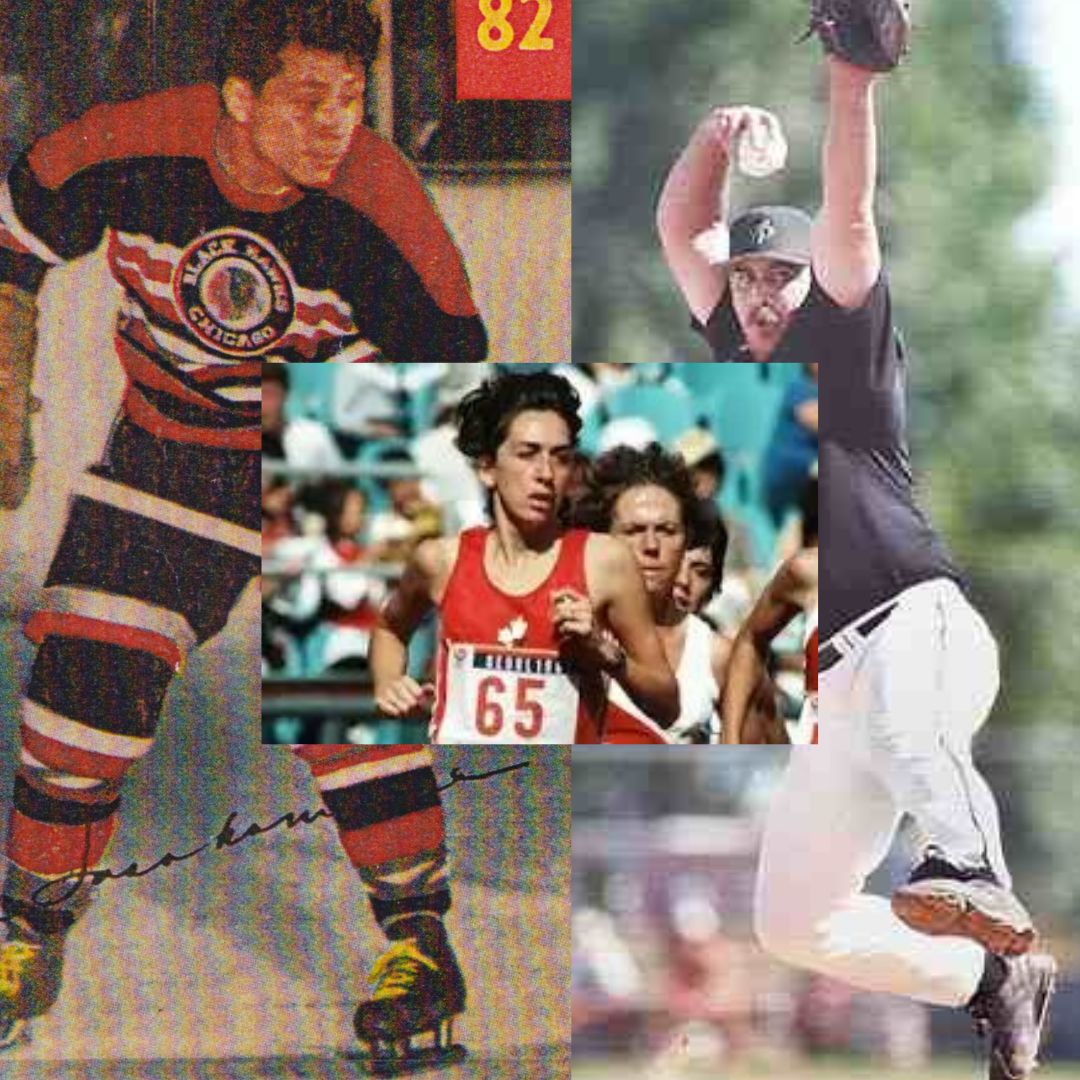In honour of National Day for Truth and Reconciliation which took place this week, it’s a perfect time for Badgers to reflect on the legendary Indigenous athletes who have not only represented our country but also transcended societal limitations with their extraordinary achievements in sports.
It’s important to reflect on the significance of the National Day for Truth and Reconciliation. This day honours the children who never returned home, the survivors of residential schools, and the communities forever impacted by this dark chapter in Canada’s past. It serves as a national reminder of the atrocities within residential schools and the ongoing effects they have on Indigenous communities. Acknowledging this history is a vital step in the reconciliation process ensuring that we continue to remember, learn, and move toward healing.
National Day for Truth and Reconciliation, also known as Orange Shirt Day, carries deep symbolism. The orange shirt represents the freedom, basic human rights and erasure of culture the Indigenous children and their families endured for generations. It serves as a powerful reminder of the lasting impact of residential schools, honouring the resilience of survivors while acknowledging the profound loss suffered by entire communities.
Many Indigenous athletes have risen to national prominence, not only as exceptional competitors but also as powerful symbols of perseverance and pride for their communities. Their achievements on the field, track and rink have laid the foundation for future generations, making their stories a crucial part of Canada’s athletic history. Let’s now take a closer look at some of these extraordinary figures who have left an indelible mark on Canadian sports.
Xul-si-malt
Xul-si-malt, given the English name Harry Manson, was the first Indigenous player to be inducted into the Canadian Soccer Hall of Fame, and later into Canada’s Sports Hall of Fame in 2015. Born in Vancouver Island and a proud member of the Snuneymuxw First Nation, Xul-si-malt’s rise to prominence began in 1898 when he was recruited by the Nanaimo Thistles to compete in the provincial championship.
Despite facing racism and being taunted as a “savage” by spectators, Xul-si-malt continued to excel and became captain of the all-Snuneymuxw team, the Indian Wanderers, which claimed the city championship in 1904. In 1907, he made history once again, alongside four other Snuneymuxw players, when the Nanaimo team secured the provincial title. Regarded as one of Nanaimo’s finest players, Xul-si-malt’s skill and determination outshined the racial divides of his time and cementing his place as a true legend in Canadian sports.
Angela Frances Chalmers
Angela Frances Chalmers, a world-class distance runner and a member of the Birdtail Sioux First Nation, is celebrated for her accomplishments on the global stage. She made history at the 1990 Commonwealth Games, where she won two gold medals in 1,500-metre and 3,000-metre events, becoming the first female athlete to achieve this double victory.
Her success continued at the 1992 Barcelona Olympics, where she earned a bronze medal in the 3,000-metre race. In 1994 at the Commonwealth Games, Chalmers set Canadian national and Commonwealth Games records in the 3,000-metre event with a time of 8:32.17, winning gold once again. Chalmers also claimed victories at prestigious international competitions such as the 1994 Grand Prix Final in Paris — where she took gold in the 1,500-metre race — and a silver medal at the International Association of Athletics Federations (IAAF) World Cup that same year.
Over her illustrious career, she garnered numerous accolades, including being named Athletics Canada’s Athlete of the Year in 1994 and receiving a National Indigenous Achievement Award in 1995. Her legacy has been further honoured through inductions into the Manitoba Sports Hall of Fame, the British Columbia Sports Hall of Fame and most recently, Canada’s Sports Hall of Fame in 2024.
Bridgette Lacquette
Bridgette Lacquette is known as the first First Nations hockey player to be named to Canada’s National Women’s Team. Lacquette’s journey began in 2008 when she joined the National Women’s U18 Team, winning silver at the 2009 International Ice Hockey Federation (IIHF) U18 Women’s World Championship and gold in 2010. Her senior team debut came at the 2013 Four Nations Cup, where she helped Canada secure a gold medal.
Although centralized with the team for Sochi 2014, Lacquette didn’t make the final Olympic roster. However, she made a strong comeback by earning two silver medals at the IIHF Women’s World Championships in 2015 and 2016, and later, her Olympic debut at PyeongChang 2018, where she helped Canada win a silver medal. After her collegiate career she was selected 24th overall by Calgary in the 2015 Canadian Women’s Hockey League (CWHL) draft, where she won the Clarkson cup in the 2015-2016 season.
—
As we reflect on the achievements of these Indigenous sports icons, their legacy reminds us of the power of resilience and the importance of representation. These athletes have redefined what’s possible, not just in their respective sports, but for generations of Indigenous youth who see themselves in their success.
Let’s continue to celebrate their contributions and push forward, creating a future where Indigenous talent and stories are always at the forefront of Canadian sports.

